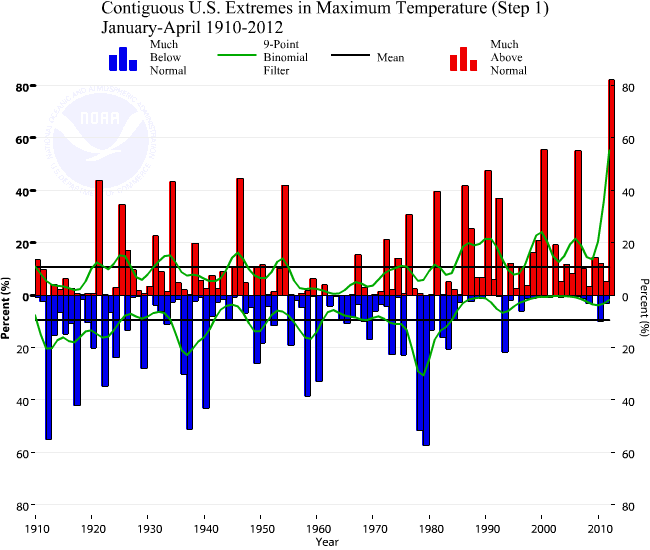U.S. regulators accused China Natural Gas and former CEO Qinan Ji of secretly lending more than $14 million to benefit his son and nephew.

For everything from family to computers…
U.S. regulators accused China Natural Gas and former CEO Qinan Ji of secretly lending more than $14 million to benefit his son and nephew.

We haven’t heard much about if from NASA yet, but the Telegraph is reporting that the space agency will soon begin training up an international crew of astronauts for a potential manned mission to an asteroid slated for later in the next decade. Starting next month, six astronauts are headed to the NASA Extreme Environment Mission Operation (NEEMO), the underwater habitat off the Florida coast that will serve as a simulator for the long duration mission to an asteroid, the UK outlet reports.
The multinational team of asteroid astronauts, which includes Britain’s first official astronaut with the European Space Agency, will spend its time living in tight quarters 65 feet beneath the ocean surface for 12 days, during which time crew members will undertake simulated spacewalks on the seafloor and learn to pilot vehicles in much the same way they would if they were working in proximity to an asteroid.
A manned asteroid mission would of course be unprecedented (if the private sector doesn’t get there first), operating far beyond mankind’s furthest point of exploration on the moon’s surface. A trip to an asteroid could take astronauts up to three million miles away. It would likely take a year to make the round trip, and astronauts might remain there for up to a month.
Details of NASA’s vision for such a mission are to be presented to the international community at the Japan Geoscience Union meeting later this month. The agency will also present details underlying a robotic asteroid rendezvous mission that it hopes will return samples from an asteroid by 2016 as a precursor to any manned mission.
from Popular Science – New Technology, Science News, The Future Now
It’s no secret more Americans are relying on food stamps, but host Michel Martin looks at why those applying for government aid with master’s and Ph.D degrees have more than doubled in recent years. Martin speaks with Stacey Patton, a reporter with The Chronicle of Higher Education, and Tony Yang, who is unemployed and holds a doctorate degree.
» E-Mail This    » Add to Del.icio.us
from News
One of the greatest things about PC gaming is the ability to modify games. Since Doom, fan-made sprites, levels, and even tweeks to gameplay can be found for any number of classic and modern PC titles. Recently, games like Mass Effect 2 and Dragon Age have received amazingly detailed texture packs for all their characters, improving the graphics incredibly. More »
from Kotaku
The ongoing legal feud between publishers Activision and former employees Jason West and Vince Zampella, the creators of the Call of Duty franchise, took an interesting turn today when Activision coughed up over $40 million. More »
from Kotaku
In March, high temperatures over two-thirds of the continental US set numerous records and made it the nation’s warmest March on record. April has been no slouch either, as high temperature records have continued to fall. But at the time of our last report, the services that track global temperatures hadn’t analyzed the global extent of the warmth. Now that the numbers for March and April are available, it’s clear that the rest of the globe generally hasn’t shared the US’s record heat.
Globally, the current period of warming began back in the 1970s. NASA’s GISTEMP tracks the current global temperature against a baseline established by the 1951-1980 average, and it hasn’t seen a calendar year below that average since 1976, or a month below it since 1994. The US climate has generally reflected that, with high temperature extremes dominating over the last several decades, as shown below.

That said, the US is a relatively small portion of the global land mass, and an even smaller portion of the planet’s total surface area. It’s entirely possible to have the US experiencing extreme temperatures without the planet as a whole really noticing. And that’s what has seemed to have happened this spring. Even as the US has experienced record-breaking extremes, the GISSTEMP index has seen global temperatures that were roughly equivalent to the ones we experienced last year, and well below those of 2010, the warmest year on record.
from Ars Technica